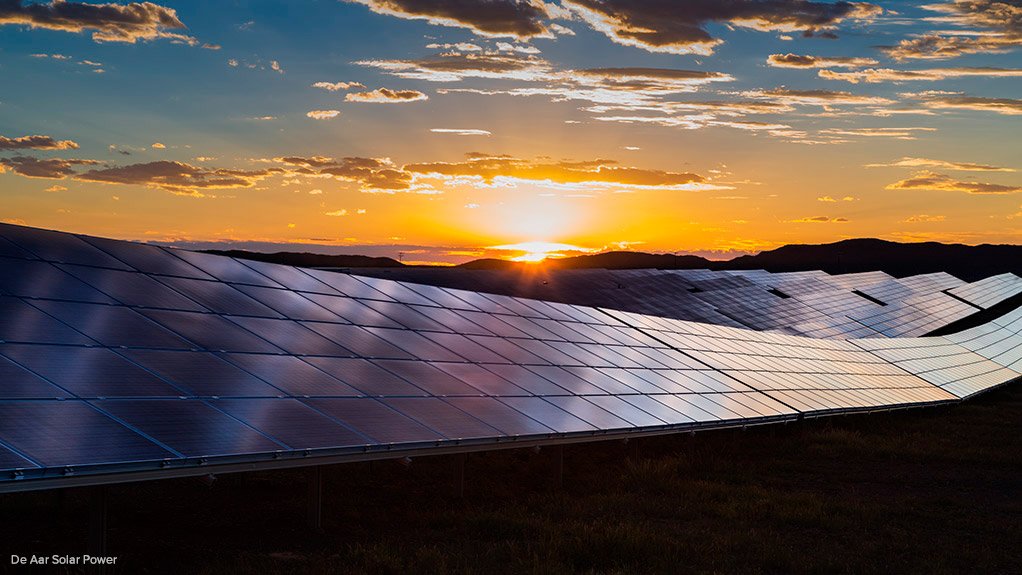Global law firm Baker & McKenzie partner Paul Curnow believes South Africa holds significant upside potential for manufacturers and developers of commercial rooftop solar photovoltaic (PV) projects, as these players would be able to bypass often protracted government programmes, such as the Renewable Energy Independent Power Producer Procurement Programme (REIPPPP) and supply energy directly to a commercial customer.
The Sydney-based lawyer added that the firm, which had advised several renewable-energy companies bidding in all three REIPPPP rounds, had seen increasing interest in independent power projects developed without assistance from State incentives.
While the national programme had attracted international players to the domestic market and had accelerated the development of a local renewable-energy sector, Curnow outlined that it required companies to invest in South Africa without a guarantee that a bid would be successful.
In contrast, rooftop solar PV enabled the addition of substantial embedded generation without the build-out and connection costs associated with larger, more geographically isolated projects.
“Solar rooftop projects are a great way for renewable-energy project developers to develop projects without having to wait for the next round [of the REIPPPP], as the opportunity cost of investing in South Africa over another renewables market means that developers can’t afford to wait around for too long.
“It’s natural for solar developers looking for the easiest way to get their product to market and with rooftop solar, you’re actually going directly to the customer,” he told Engineering News Online.
While the payback periods of these projects were likely to be more extended than that of those in other countries such as Australia, where retail prices for commercial customers were comparatively higher, this cost was likely to be acceptable, given rising electricity costs in South Africa, Curnow added.
The success of independent solar projects and power purchase agreements of this kind would, however, hinge on regulatory reform, added Baker & McKenzie senior associate Jonathan Behr, particularly when it came to the provision of electricity into the grid.
“The National Energy Regulator of South Africa (Nersa) has indicated its intention to issue a consultation paper in February next year which aims to open up the market, because, currently, regulations dictate that as soon as you install a rooftop PV system and start selling electricity and putting it into the grid, you need a licence.
“It’s still unclear what the paper will cover, but we’re optimistic that Nersa recognises that it is an issue and will publish draft regulations that provide the necessary exemptions,” he noted, adding that it would accelerate the development of a local independent energy-generation industry.
Curnow’s insights followed appeals by manufacturers of renewable-energy inputs to government earlier this month to urgently finalise the financial close for the 17 projects identified as preferred bids following the third procurement round under the REIPPPP.
The third-round preferred bidders were identified on October 29 last year and the projects were initially scheduled to reach financial close on July 30.
Engineering News Online reported earlier this month, however, that financial close had subsequently been delayed, primarily as a result of grid-connection problems.
A senior Department of Energy official recently indicated that the revised deadline of the end of November might also be missed.
EMAIL THIS ARTICLE SAVE THIS ARTICLE
To subscribe email subscriptions@creamermedia.co.za or click here
To advertise email advertising@creamermedia.co.za or click here











